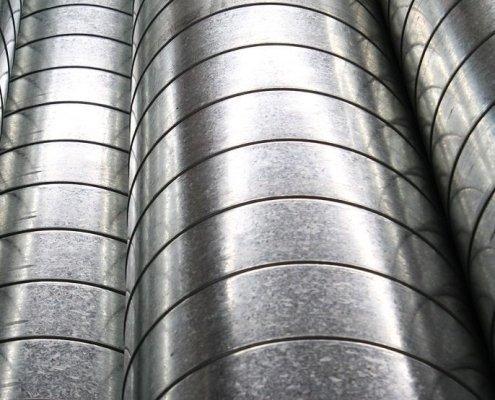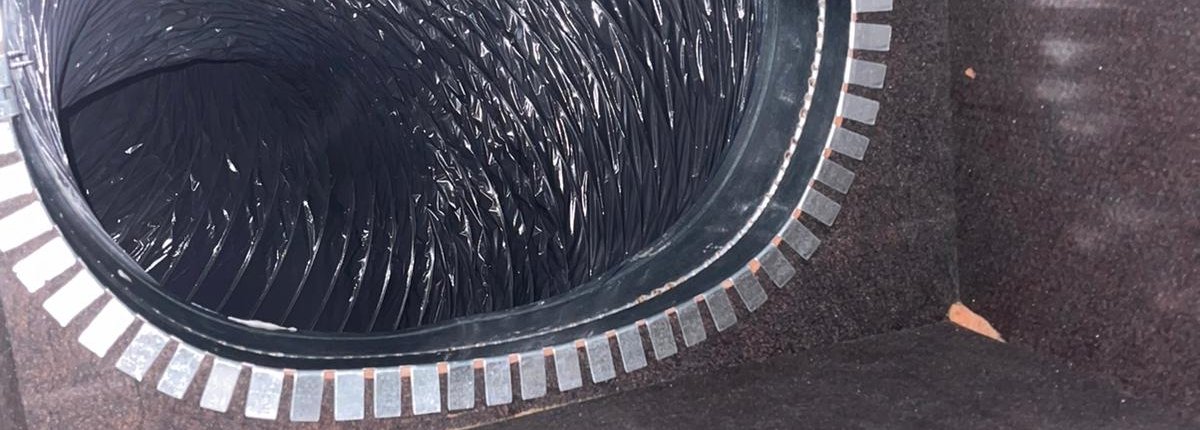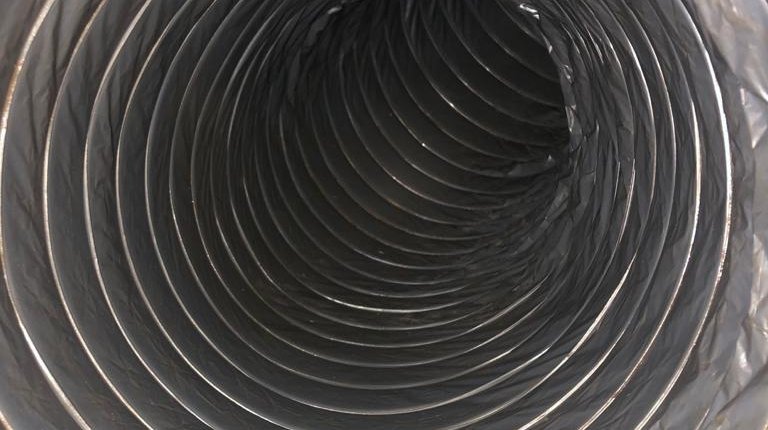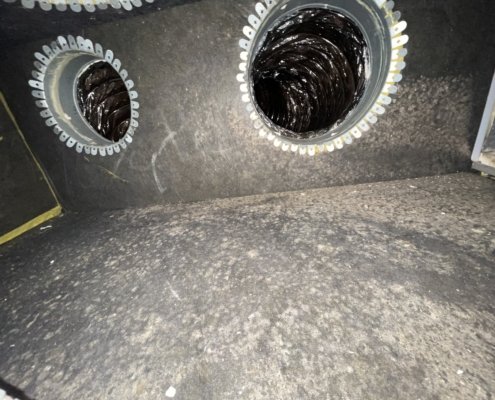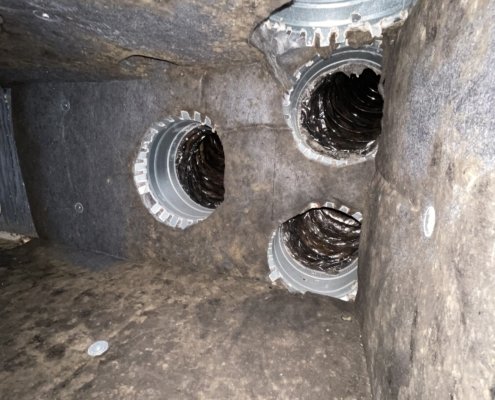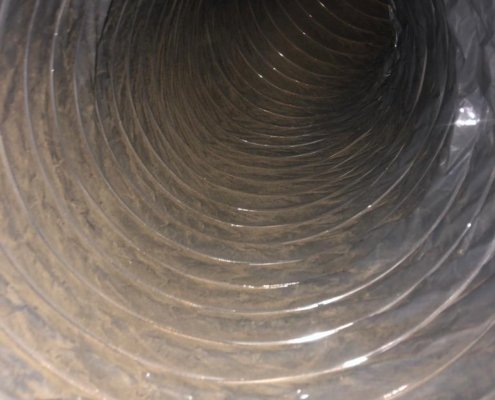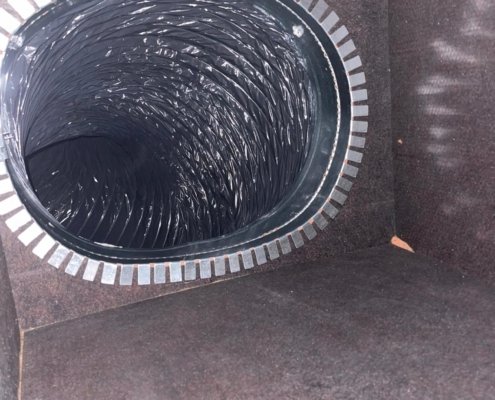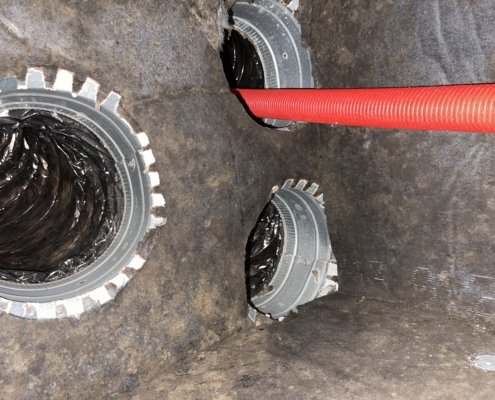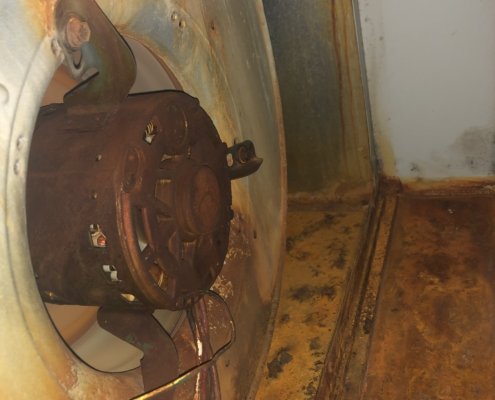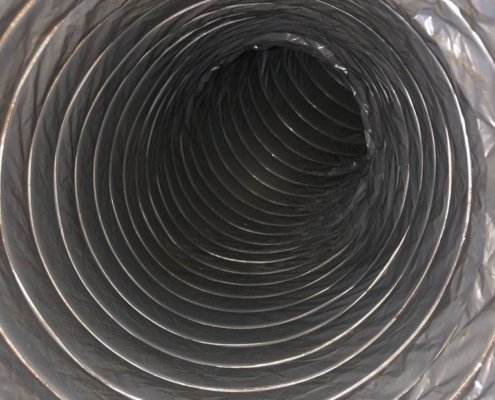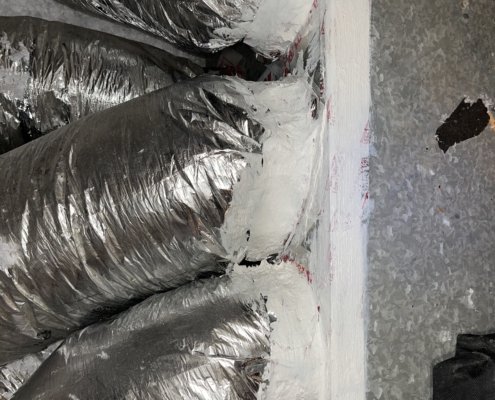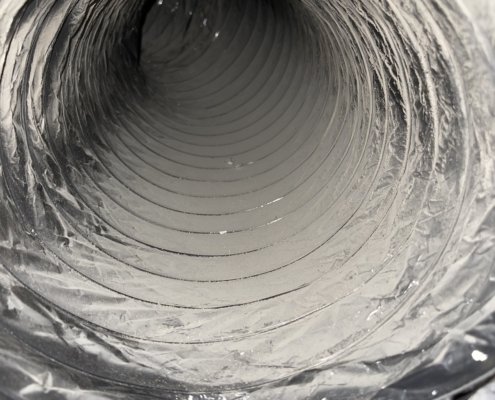You may be having a bad air day every day — and we are not talking about outdoor air. The indoor air quality in your home may be affecting your health and the health of your family members.
“Indoor air quality can be worse than outdoor air quality in almost every case,” says William J. Calhoun, MD, professor of medicine and vice chair of the department of medicine at the University of Texas Medical Branch in Galveston.
There are potential sources of air pollution in just about every room of your house, but don’t despair. The good news is that there are easy, and affordable, solutions for most of them.
What could be polluting the air in your home? The pollutants that lurk outdoors can be found indoors as well, where they can and do join forces with other irritants. Those can include fumes from combustion devices and gas-fired appliances, not to mention allergens such as pet dander, house dust mites, and mold, Calhoun says.
3 Steps to Better Indoor Air Quality
Step 1: Increase ventilation in your house. “We tend to keep our windows tightly shut in the winter, but flinging open a window is not the answer,” says Schachter. “Outdoor air contains by-products of gas emissions from cars and trucks, industrial pollution, as well as dirt and mold.”
Best solution? “Use trickle ventilation, which is a 10-inch high screen with extra filters,” he says. “It adjusts to most windows and allows fresh air in, helps escort indoor pollutants out.”
Step 2: Turn on the AC. Use an air conditioner in the summer, Schachter says. “Many pollutants are water-soluble, and as air conditioners remove water from the atmosphere, they remove these pollutants,” he tells WebMD. “Air conditioners also remove pollen and particulate matter.”
Step 3: Install a HEPA (high-efficiency particulate air) filter. You can make the air conditioner even more effective with a disposable HEPA filter, says Schachter.
Stand-alone HEPA air cleaners are another option for cleaning the air in a single room. If they use a fan to draw in the air, they can be noisy, however.
It’s less clear how effective electronic air cleaners are since there is no standard measurement for their effectiveness. Also, electronic cleaners may not be effective at removing large air particles, according to the Environmental Protection Agency.



